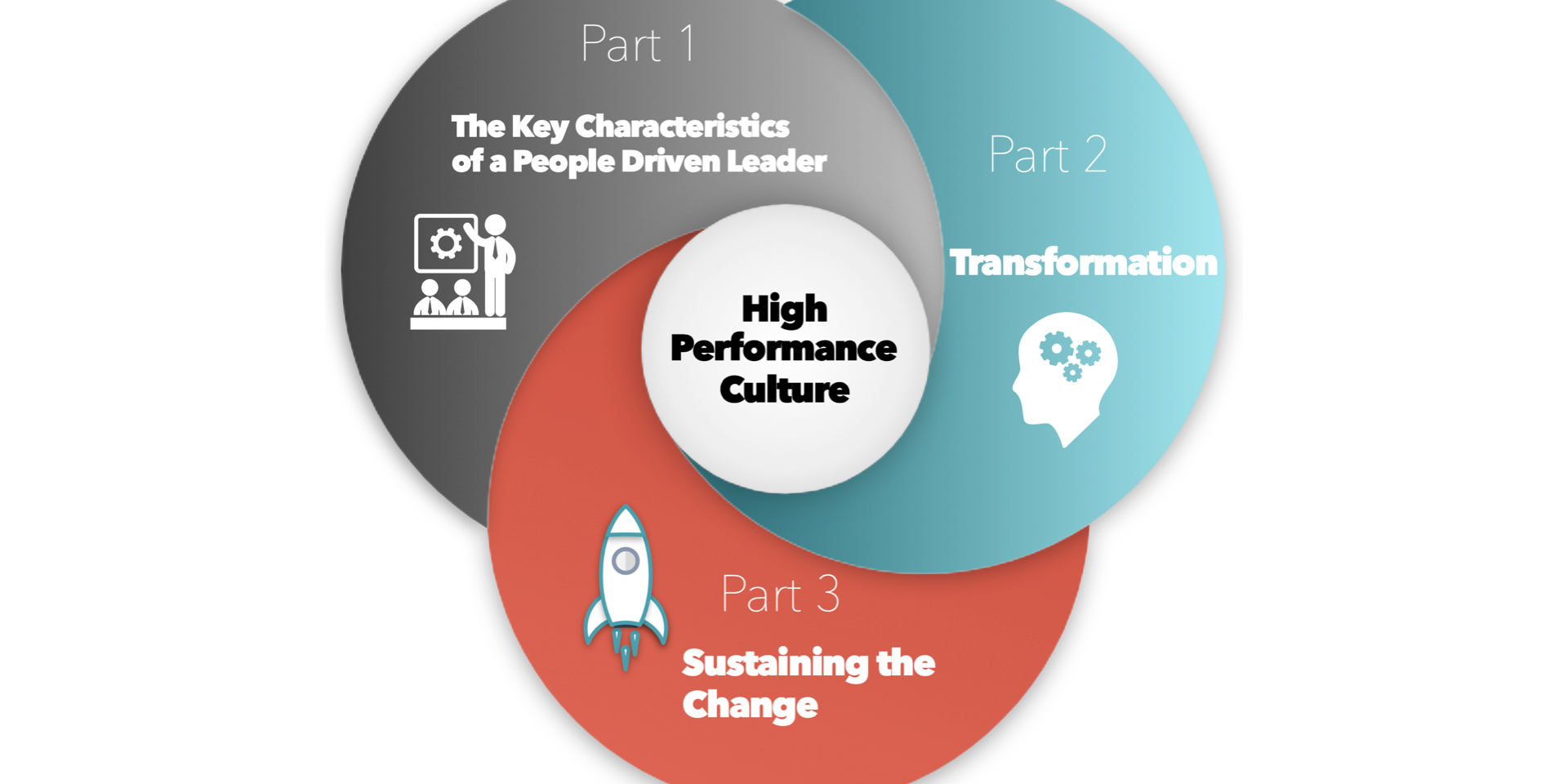High-performing centers don’t just hope employees will act with integrity — they make the effort to continually reinforce it through training and example.
Many people tend to think of integrity only in the context of legal and illegal activity. Running an NCIC wanted persons check on your date outside the course of duty is illegal, and most of us know that doing so lacks integrity. Using your agency affiliation for personal gain is also illegal — so that clearly doesn’t show integrity, either.
But these and other similar offenses are obvious. In the comm center, matters of integrity are rarely so clearcut. If illegal activities are the only situations we know to regard as low integrity, we are likely missing the chance to address everyday issues that affect how well our center is performing.
THE VALUE OF INTEGRITY
At the comm center, integrity is determined by how closely we follow the decisions made around policy and procedure, values and mission.
Let’s say a trainee is required to sign for a document outlining the core values and code of conduct at her new center. By signing for this document, the trainee agrees to uphold the integrity of the organization’s code, along with all the other employees. This is no small ask. The organization’s leaders are essentially requiring that the employee agree to a set of principles and values determining right and wrong, with the knowledge that if they do not, something will happen.
After signing this document, the trainee begins working at a console – and starts to notice something. One of the bullet points in the code of conduct specifically mentions treating coworkers with professionalism and respect. The trainee notices that some of the more tenured employees at the center gossip daily, complain about other coworkers and callers, and otherwise create a toxic work atmosphere. No one says anything. It just seems like normal behavior.
This trainee’s center has a document that professes what they stand for. But no one adheres to it, and no one is held accountable for their actions. What does this do to the organization? What message does it send to new and tenured employees alike?
At this point, the trainee can make one of several choices. She can say something to one of her supervisors about the clear disregard for the code she’s witnessed. She can mention something to the tenured employee (and risk getting her head bitten off). She can join in the behavior, disregarding the code herself, even though it’s still fresh in her mind. She can just keep working, hoping that things get better. Or, she can quit her new job in the hopes she finds something better.
While many employees face this all too common situation, it doesn’t have to be this way in your comm center.
WHAT DOES INTEGRITY LOOK LIKE?
How do you model integrity for your employees? In what ways has integrity influenced your center’s culture? Having a code of conduct is good, but working to bring it to life every day is better.
Ideally, a center’s code of conduct, informed by its core values, is the stake in the ground — the point from which all other pieces of organizational life flow. While a code of conduct can be an important part in establishing an inclusive culture, it is not a comprehensive solution on its own. It’s the minimum.
It’s not difficult to do the bare minimum in public safety. We can easily choose to obey the law, or adhere to a clear policy. It’s also easy to hold people accountable to this bare minimum, because right and wrong are distinct. You either broke the law or didn’t. You either followed the policy or didn’t.
Following a code of conduct and honoring core values is a bit more nuanced. It’s colored with shades of gray, so it isn’t easy — but it is worthwhile.
BOOSTING INTEGRITY AT YOUR CENTER
Studies show that it’s not enough to just have a code of conduct — they’re only effective when part of a learning process that requires training, consistent enforcement, and continuous measurement/improvement.
As you continue to work on your center’s transformation into a People Driven Center, consider the role integrity plays in daily work life. Does your center have a set of core values, a mission statement, and a code of conduct? If so, how aware of them are employees? Are these standards something they read once when they’re hired, and then forget? Or does your center work to consistently enforce these values through ongoing training and evaluation?
Further, what is employees’ perception of the role integrity plays in their jobs? Which areas of comm center culture would they say are in most need of an integrity boost? How do they think the center can work to get there?
It’s one thing to say that integrity matters, and quite another to live it while at work, daily. High-performing centers don’t just hope employees will remember the code of conduct and mission statement they were given on the first day — they make the effort to continually reinforce the value of high integrity through coaching, training and leading by example.
Thanks for reading this article, containing excerpts of my book, “People Driven Leadership: How the Best 9-1-1 Centers Inspire Positive Change.
This is the tenth article of 20. Stay tuned for the next!
About the Author:
Adam Timm is the president and founder of The Healthy Dispatcher. A 9-1-1 telecommunicator with the Los Angeles Police Department for over a decade, Adam now provides leadership training and consulting to PSAPs around the country. He is the author of three books, including the popular, Dispatcher Stress: 50 Lessons on Beating the Burnout, and, “People Driven Leadership: How the Best 9-1-1 Centers Inspire Positive Change,” both available on Amazon.com.
For more articles visit: https://thehealthydispatcher.









